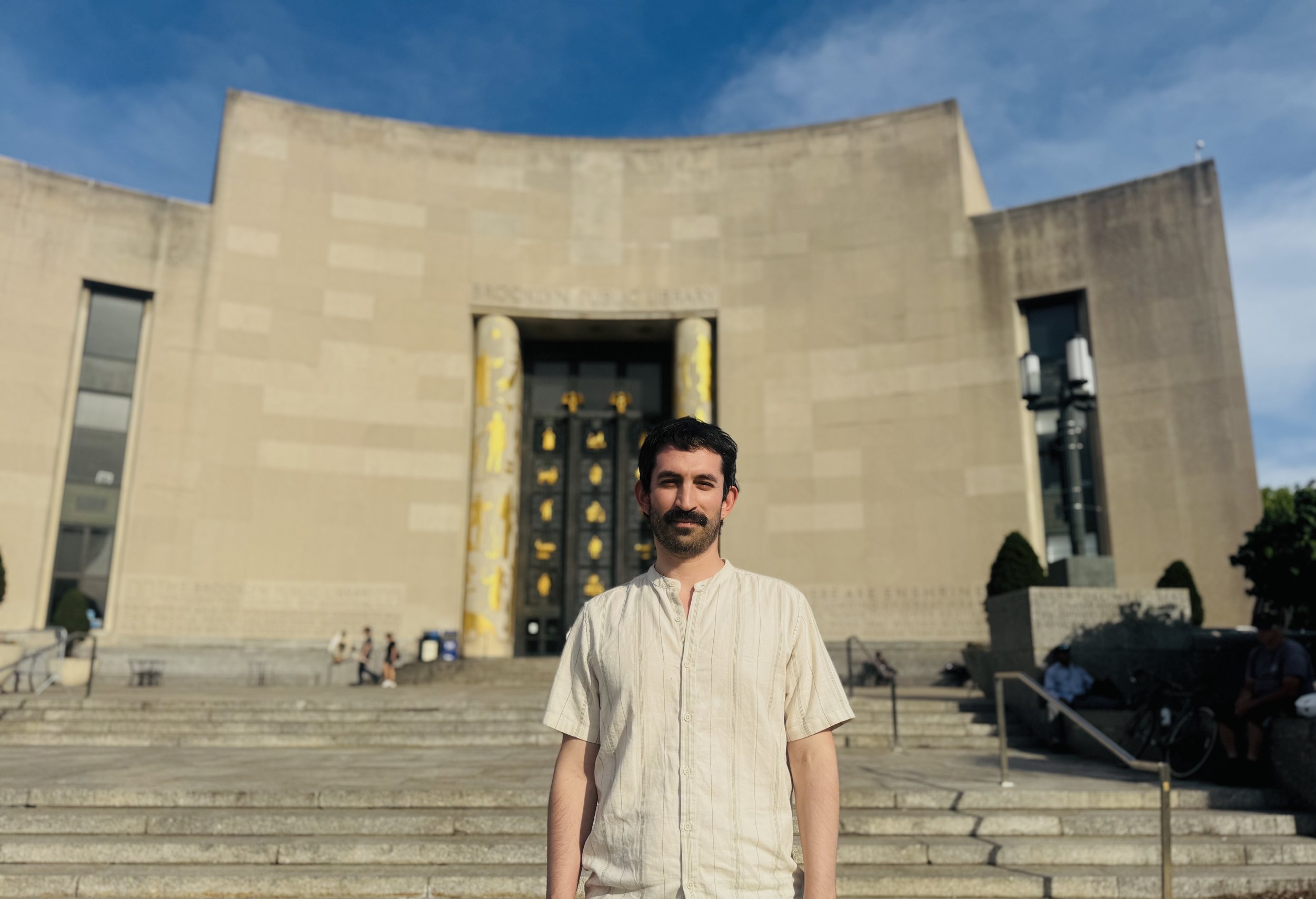
Julián Gómez Delgado
Julián Gómez-Delgado is a Ph.D. candidate in Sociology and Historical Studies at The New School for Social Research. His interdisciplinary research explores theories and histories of capitalism, social protests, and state infrastructures in Latin America, from the twentieth century to the present.
Julián Gómez-Delgado is a Ph.D. candidate in Sociology and Historical Studies at The New School for Social Research. His interdisciplinary research explores theories and histories of capitalism, social protest, and state infrastructure in Latin America, from the twentieth century to the present.
Julián's work has been supported by the Mellon Foundation, the History and Political Economy Project, the Janey Program in Latin American Studies, and the Heilbroner Center for Capitalism Studies at The New School. His research has been published in Economy and Society, Jacobin, and Nueva Sociedad, among other outlets. He holds an MA in Social Science with a specialization in Sociology from El Colegio de México, and a bachelor's degree in Sociology from Universidad Javeriana and Economics from Universidad de Los Andes in Bogotá, Colombia.
As a GIDEST fellow, Julián will continue working on his dissertation, entitled Disassembling the State: The Techno-Politics of Privatization and Citizenship in Colombia, 1930-2010, in which he explores the changing dynamics of statecraft by charting the role of iconic public institutions as they transformed from state-owned entities in the 1930s–40s through their incremental privatization starting in the 1970s.
Drawing on oral history interviews, archival research, site visits to buildings of state-owned companies, and participant observation of present-day protests and meetings, Julián explores the demise of “public goods” in Colombia. This year, he plans to write a historical ethnography of protests and sabotage, focusing on events from the 1980s, 1990s, and early 2000s, when the attempts at privatization were contested. In doing so, Julián will study the uneven development of what he calls “infrastructural citizenship.”
At GIDEST, Julián will continue developing a public-facing project tentatively called We, The Public: An Archive of Memories and Artifacts of Struggles. Initially configured as a digital archive built from the bottom up, it includes the material artifacts and social memories surrounding state-run entities' cultural politics and privatization. The archive includes photographs, pamphlets, emblems, merchandise, videos, textiles, technological devices, and myriad official and unofficial vestiges.
